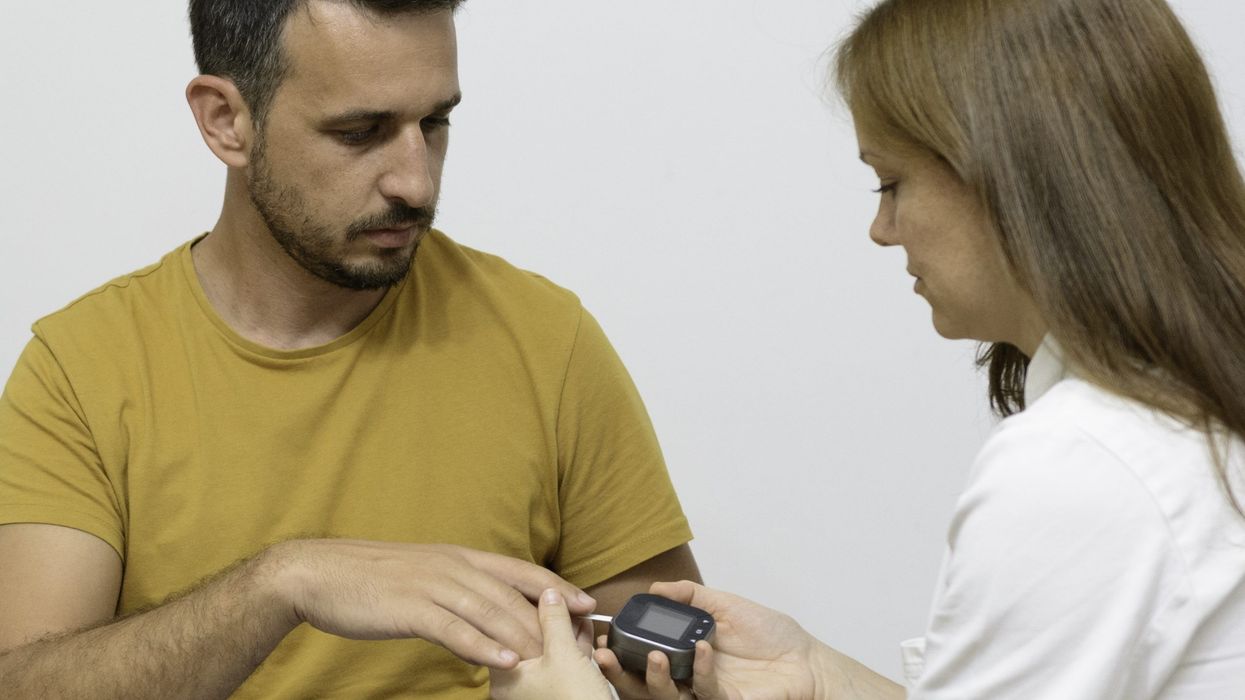New research has suggested that depression may directly lead to the development of type 2 diabetes by causing inflammation in vital organs.
Prior studies have shown that individuals with diabetes are twice as likely to experience depression. However, it remained uncertain whether depression caused type 2 diabetes, vice versa, or if other factors were at play, The Times reported.
This recent study, conducted on more than 500,000 British adults and led by the University of Surrey, employed a statistical technique called Mendelian randomisation to examine causal effects.
It revealed a clear cause-and-effect relationship, indicating that experiencing depression increases the risk of developing type 2 diabetes, but not the other way around.
Experts have recommended that the NHS initiates screenings for individuals with a history of depression to assess their risk of type 2 diabetes.
They also suggest providing support, including weight-loss plans, to help prevent the condition.
The study further found that the link between depression and type 2 diabetes could be partly attributed to individuals with depression being more likely to adopt unhealthy dietary habits and become obese, accounting for about one-third of the effect.
Elevated stress hormones like cortisol, common in people with depression, played a significant role by contributing to systemic inflammation in organs that regulate blood sugar levels.
The study also identified seven genetic variants that contribute to both type 2 diabetes and depression, impacting insulin secretion and inflammation in various bodily tissues.
The research also highlighted indirect connections, such as poor health habits among individuals with depression, including smoking, physical inactivity, and increased calorie intake, known to facilitate type 2 diabetes development.
Additionally, antidepressants were noted for their potential to induce weight gain, leading to type 2 diabetes.
Type 2 diabetes, which affects five million Britons, is primarily caused by obesity, accounting for 90% of cases.
In contrast, type 1 diabetes is an auto-immune condition typically diagnosed in childhood and cannot be prevented.
Elizabeth Robertson, director of research at Diabetes UK, emphasised the significance of the study's findings, suggesting that depression should now be considered a risk factor for type 2 diabetes.
She believes this knowledge could lead to improved care and support for individuals with a history of depression, potentially preventing more cases of type 2 diabetes.
Moreover, about half of all type 2 diabetes cases could be prevented or delayed through lifestyle improvements, including weight loss and healthy eating.
Recent research has even shown that type 2 diabetes can be reversed through a drastic weight-loss diet.
The study's co-author, professor Inga Prokopenko, emphasised the importance of their discovery, as it illuminates depression as a contributing factor to type 2 diabetes.
Inga believes it could help enhance prevention efforts and encourages healthcare providers to consider additional examinations for individuals with depression to prevent the onset of type 2 diabetes.




